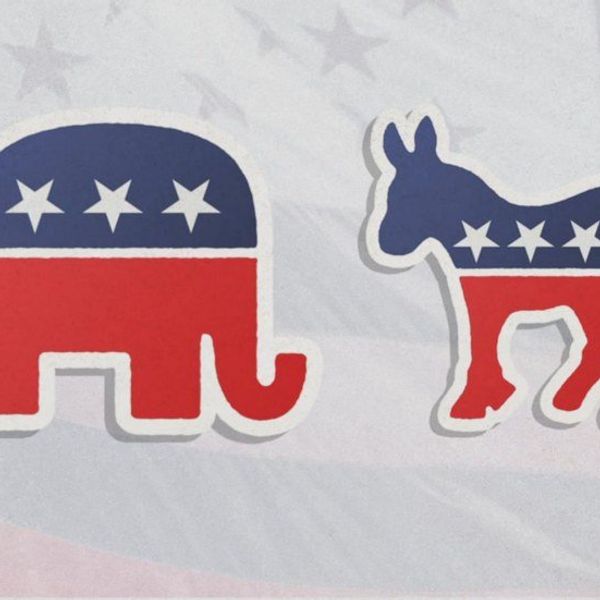Republican Presidential nominee Donald Trump said, "If I’m elected president, I will push for a constitutional amendment to impose term limits on all members of Congress...Decades of failure in Washington and decades of special-interest dealing must and will come to an end.”
Senators serve terms of six years, and members of the House of Representatives serve terms of two years. Since the Senate is the upper house in our legislative branch, it makes sense that the publicly elected senators would have the opportunity to stay in office longer, likely to be able to accomplish more without worrying about campaigning. If a senator votes on something that its constituents don't agree with, it is not that big of a deal because elections could be years away and people will likely have forgotten. On the other hand, the lower house, the House of Representatives, requires its members to be constantly campaigning for re-election.
Imposing term limits on Congress has several benefits but also some disadvantages. The idea of Congress was originally that special, publicly elected citizens of the United States would be able to pass the laws that the citizens believed were necessary for the needs of the communities from which they came. Without term limits, members of Congress often become disconnected from the public that elected them, causing people to become "career politicians." Career politicians are not always corrupt, but the phrase often carries a negative connotation. Having career politicians means that the individuals who are passing laws for the United States know how the system works and how to maneuver the legislative branch.
Being experienced is a great quality, but oftentimes, career politicians fall into the quid pro quo trap. This happens when members of Congress who got elected with the best of intentions start making deals with other politicians in order to get their proposals passed by agreeing to vote for the other politicians proposal, even if that is not what the constituents want. This is the "special-interest dealing" that Trump was referring to.
Term limits would eliminate career politicians and bring the legislative branch back to the roots of America's founding. Some critics say that term limits would lead to total inexperience in Congress at all times, but it is important to know that if one senatorial term is six years, and say the term limit is two terms, that would give an individual a total of 12 years to accomplish what they were elected to do. Term limits could be a very positive change for the way American government works, but it could also be detrimental to the nation as a whole if you have a Senate committee of rookies trying to determine what legislation should be proposed regarding critical issues.
The primary issue that I have with imposing term limits, although I am not totally against the idea, is that it would upset the checks and balances between the executive and legislative branches by shifting more power to the executive branch. Terms limits would cause a weakening of the legislative branch because members would feel less inclined to follow the voice of their constituents and would instead go with their gut instincts. This would completely disrupt the entire purpose of the legislative branch, and in an extreme case, could lead to the fall of democracy. Although term limits have the potential to be quite positive, the risk may be too great to try.





















